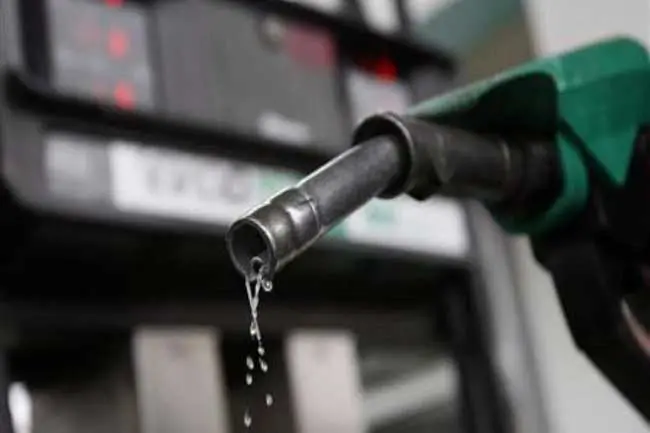Despite the rapidly increasing cost of living across the country, Nigerians saw a 24% rise in the price of a litre of Premium Motor Spirit (PMS), commonly known as petrol, in September.
The World Bank’s latest report on Nigeria revealed that 129 million Nigerians now live below the poverty line. The Nigeria Development Update, released on Thursday in Abuja, indicated a significant jump in poverty levels, with the figure rising from 40.1% in 2018 to 56% in 2024.
The World Bank report stated, “With growth proving too slow to outpace inflation, poverty has risen sharply. Since 2018, the share of Nigerians living below the national poverty line is estimated to have risen sharply from 40.1% to 56.0%.
“Combined with population growth, this means that some 129 million Nigerians are living in poverty. This stark increase partly reflects Nigeria’s beleaguered growth record. Real GDP per capita has not recovered to the level it was at prior to the oil price-induced recession in 2016.”
Building on the World Bank report, the National Bureau of Statistics (NBS), in its newly released Premium Motor Spirit (Petrol) Price Watch for September 2024, revealed that the average retail price paid by consumers for PMS in September was N1,030.46. This marks a 64.55% increase compared to September 2023, when the price was N626.21.
In comparison to the previous month, August 2024, the average retail price rose by 24.08%, up from N830.46.
Analyzing state data, Katsina State recorded the highest average retail price at N1,096.15, followed by Ebonyi and Akwa Ibom at N1,090.94 and N1,085.71, respectively. On the other hand, Yobe, Sokoto, and Kebbi States had the lowest average retail prices, at N939.38, N961.67, and N986.67, respectively.
On a zonal basis, the North-West Zone recorded the highest average retail price at N1,036.52, while the North-East Zone had the lowest at N1,014.55.
The report was compiled based on data collected from sample outlets across 774 local government areas in all 36 states and the Federal Capital Territory, Abuja.


